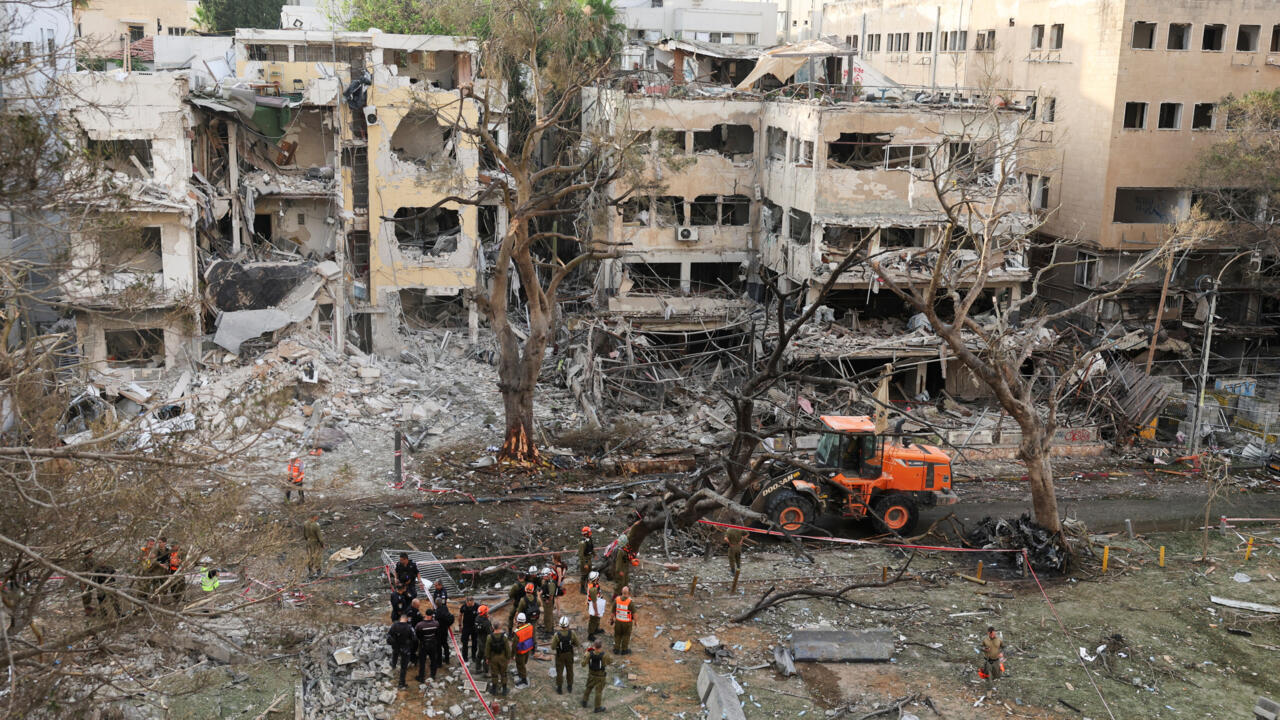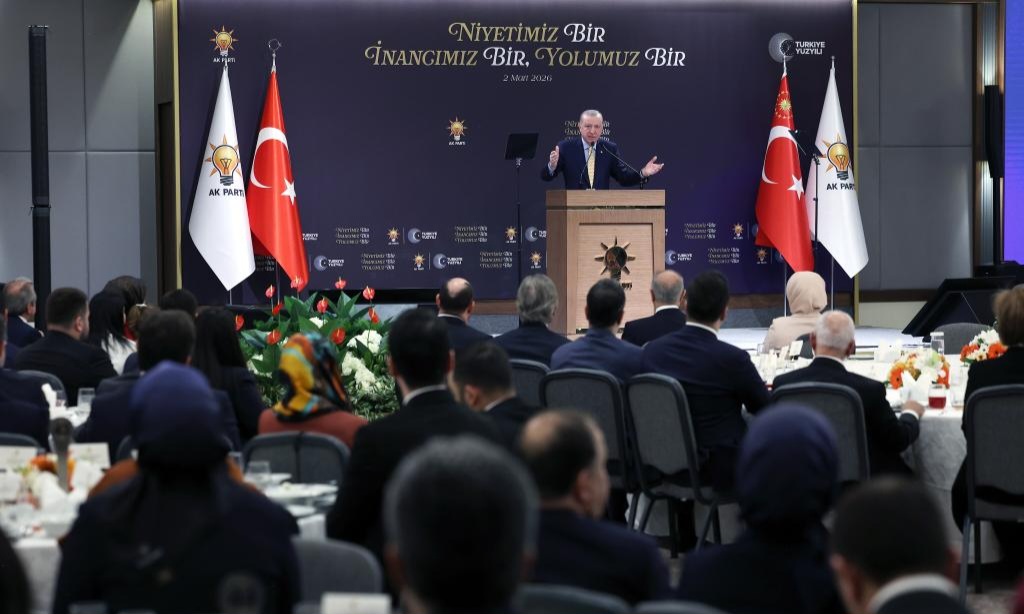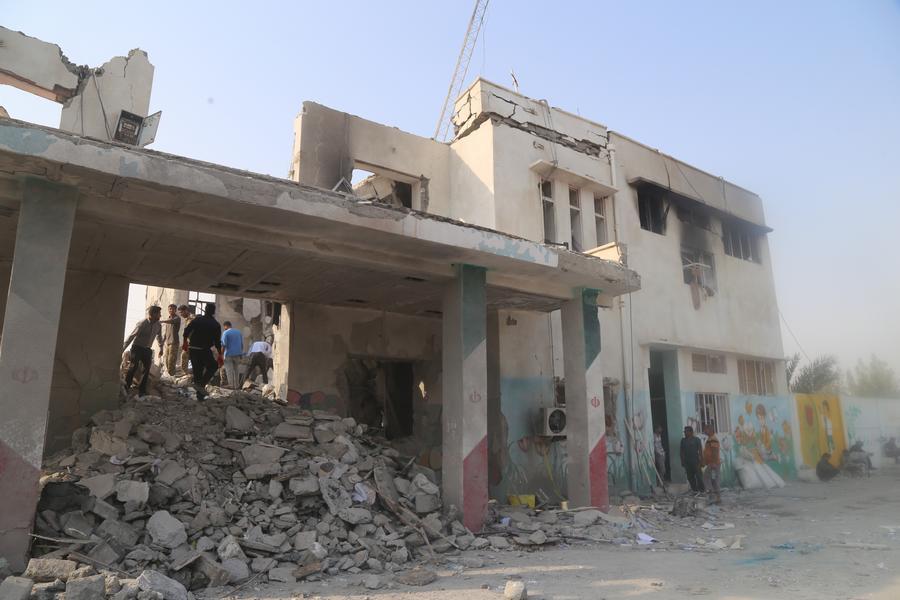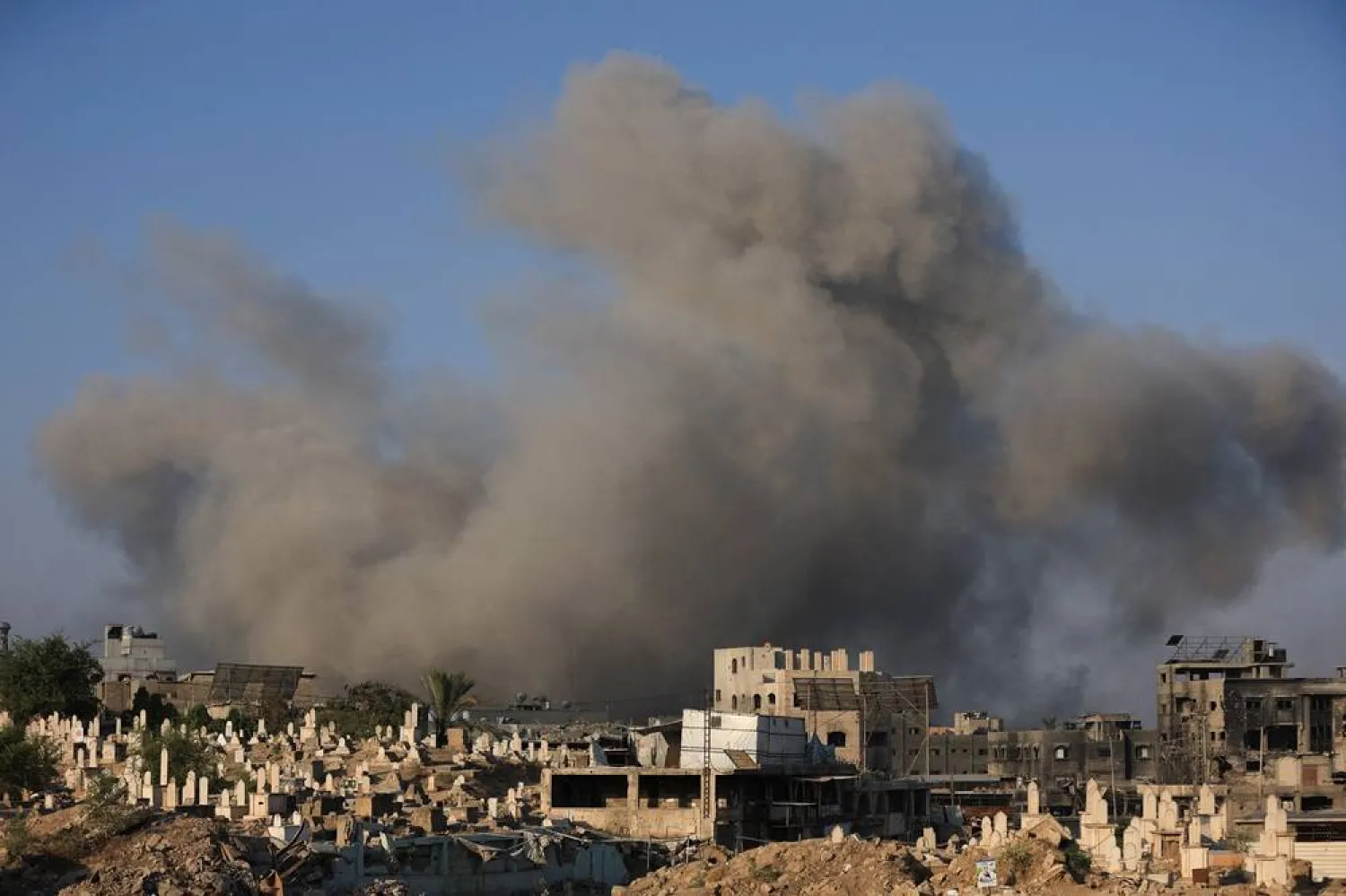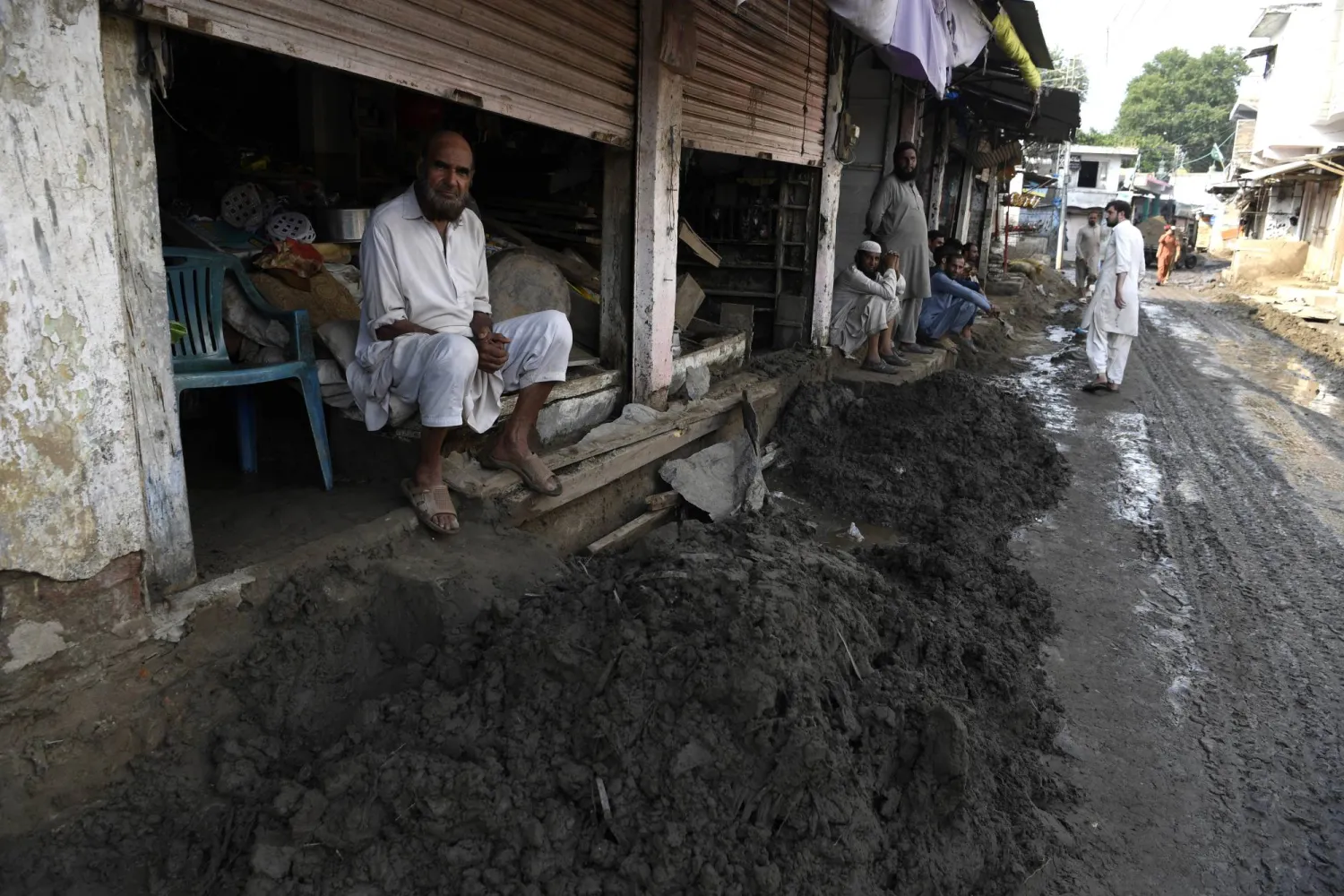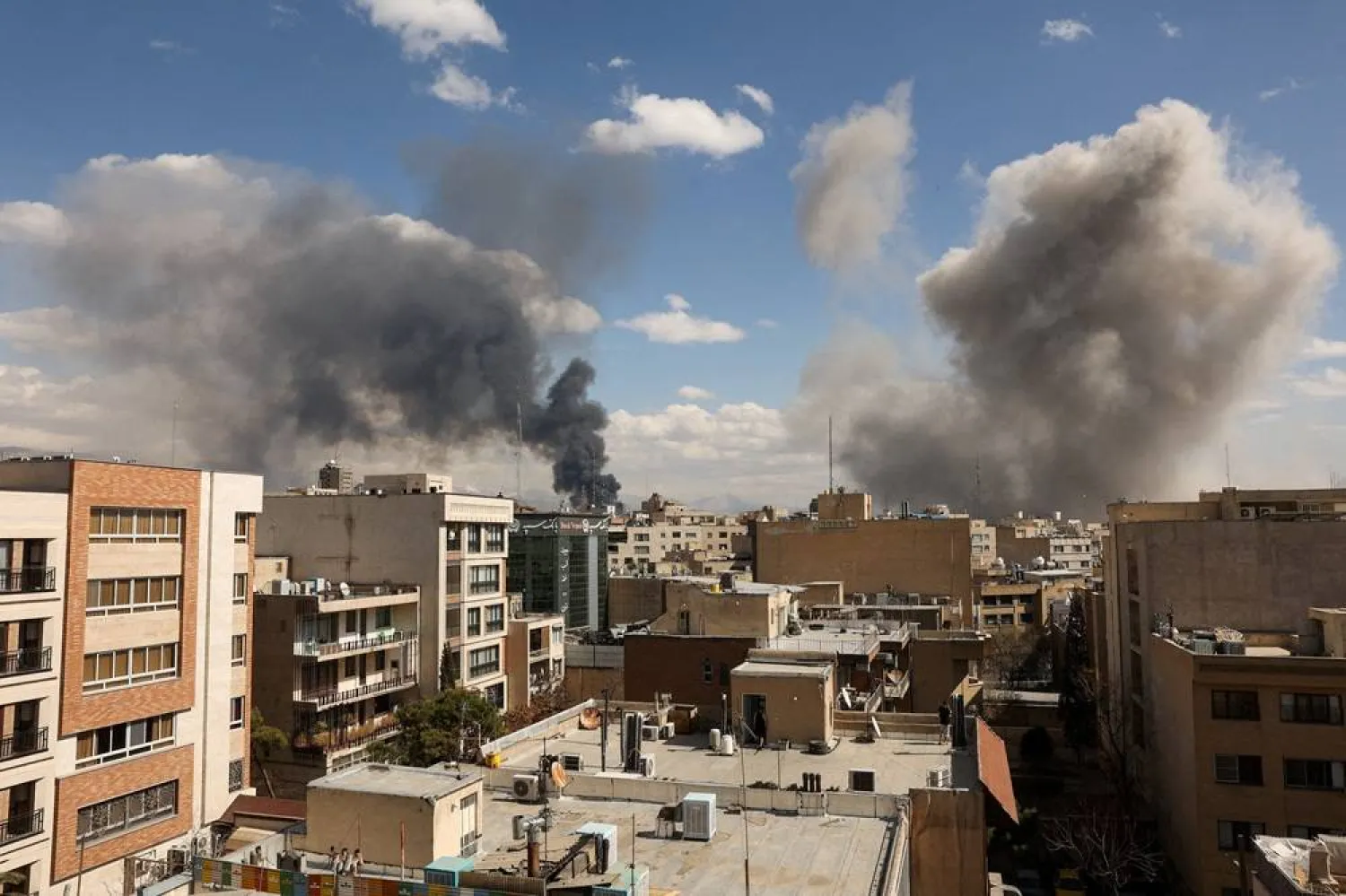Alsharq Tribune- Manal Mohamed
Efforts to secure a ceasefire in Gaza, centered on a proposed 60-day truce awaiting an official Israeli response, face fresh obstacles as Prime Minister Benjamin Netanyahu insists on conditions many describe as unworkable.
Chief among them are the full disarmament of Hamas and the release of all hostages - demands that, according to analysts, risk derailing mediation efforts and further inflaming tensions. These conditions coincide with a first-ever UN declaration of famine in Gaza and Netanyahu’s renewed signals of continuing the war.
Experts told Asharq Al-Awsat that the Israeli stance complicates the task of Egyptian and Qatari mediators, who had secured Hamas’s acceptance of the two-month proposal. With little sign of US pressure on Israel, observers expect mounting global frustration toward Netanyahu and a higher likelihood of escalation.
On Friday, Israeli news outlet Ynet quoted Defense Minister Israel Katz warning on social media platform X that the “gates of hell” would soon open on Hamas in Gaza City if it did not agree to Israel’s terms.
The remarks followed Netanyahu’s tour of units fighting in Gaza, where he confirmed approving army plans to seize Gaza City and “defeat Hamas,” while instructing negotiators to pursue talks on hostage releases but only under Israeli conditions.
The Times of Israel reported Thursday that there were no immediate plans to send an Israeli delegation to Qatar or Egypt.
Axios cited a senior Israeli official as saying that Netanyahu would only dispatch negotiators once talks were set to cover all hostages, “living and dead”, and an end to the war on Israel’s terms.
Hamas’s partial proposal, accepted earlier this week, called for releasing 10 hostages and 18 bodies in exchange for a 60-day pause, with further releases and broader negotiations to follow.
Israel has so far rejected this phased approach, insisting on the release of all hostages at once. Meanwhile, the Israeli army has approved continued operations to capture Gaza’s cities. Egypt’s foreign ministry condemned the escalation, calling it proof of Israel’s disregard for mediation efforts and international appeals to end the conflict.
Prime Minister Mostafa Madbouly reiterated Cairo’s opposition to the war during a meeting with Japanese counterpart Shigeru Ishiba at the Yokohama TICAD summit.
Dr. Ahmed Fouad Anwar, a member of Egypt’s Council for Foreign Affairs, argued that Netanyahu’s conditions are designed to “negotiate under fire,” projecting strength while undermining mediators’ credibility.
Palestinian analyst Ayman al-Raqab added that US backing gives Israel a green light to reject partial truces, predicting continued fighting unless guarantees are secured. Tensions escalated further Friday with the UN’s declaration of famine in Gaza, the first such announcement in the Middle East.
The report warned that 500,000 people face catastrophic conditions and blamed Israel for blocking aid.
Israel dismissed the findings as “Hamas lies,” while the US ambassador in Tel Aviv cast doubt on the assessment, instead highlighting the plight of hostages. Hamas responded by urging immediate action to open crossings and halt what it called “genocide.”
The World Health Organization reported that 148 people have died of malnutrition in Gaza since January. Analysts suggest the famine declaration could increase global pressure on Israel and force Netanyahu toward some form of deal, though likely after a symbolic show of military strength.
Still, as long as Washington maintains firm backing for Israel, experts warn that mediation efforts face a steep uphill battle.








.png?locale=en)
